| Weight | 1 lbs |
|---|---|
| Dimensions | 9 × 5 × 2 in |
| host | rabbit |
| isotype | IgG |
| clonality | polyclonal |
| concentration | 1 mg/mL |
| applications | ICC/IF, WB |
| reactivity | Adenovirus |
| available sizes | 100 µg |
rabbit anti-Adenovirus polyclonal antibody 4715
$493.00
Antibody summary
- Rabbit polyclonal to Adenovirus
- Suitable for: WB,IP,IHC,IF
- Isotype: Whole IgG
- 100 µg
rabbit anti-Adenovirus polyclonal antibody 4715
| antibody |
|---|
| Tested applications WB,IHC,IHC,ICC/IF,IP |
| Recommended dilutions Immunoblotting: use at 1:500-1:1,000. |
| Immunogen Peptide corresponding to amino acids 255-264 of the 34 kD fiber knob protein of adenovirus 3. |
| Size and concentration 100µg and lot specific |
| Form liquid |
| Storage Instructions This antibody is stable for at least one (1) year at -70°C. Avoid multiple freeze- thaw cycles. |
| Storage buffer PBS, pH 7.4 |
| Purity immunogen affinity purification |
| Clonality polyclonal |
| Isotype IgG |
| Compatible secondaries goat anti-rabbit IgG, H&L chain specific, peroxidase conjugated, conjugated polyclonal antibody 9512 goat anti-rabbit IgG, H&L chain specific, biotin conjugated polyclonal antibody 2079 goat anti-rabbit IgG, H&L chain specific, FITC conjugated polyclonal antibody 7863 goat anti-rabbit IgG, H&L chain specific, Cross Absorbed polyclonal antibody 2371 goat anti-rabbit IgG, H&L chain specific, biotin conjugated polyclonal antibody, crossabsorbed 1715 goat anti-rabbit IgG, H&L chain specific, FITC conjugated polyclonal antibody, crossabsorbed 1720 |
| Isotype control Rabbit polyclonal - Isotype Control |
| target relevance |
|---|
| Protein names Adenovirus |
| Structure Adenoviruses (members of the family Adenoviridae) are medium-sized (90-100 nm), nonenveloped (without an outer lipid bilayer) viruses with an icosahedral nucleocapsid containing a double-stranded DNA genome. Their name derives from their initial isolation from human adenoids in 1953. They have a broad range of vertebrate hosts; in humans, more than 50 distinct adenoviral serotypes have been found to cause a wide range of illnesses, from mild respiratory infections in young children (known as the common cold) to life-threatening multi-organ disease in people with a weakened immune system. |
| Biotechnology Direct and indirect detection methods are used for the diagnosis of Adenovirus infectons. Due to the variety of clinical symptoms, which may be caused by Adenoviruses, serological investigations have become important for the differential diagnosis of respiratory tract infections. |
Data
| No results found |
Publications
| pmid | title | authors | citation |
|---|---|---|---|
| We haven't added any publications to our database yet. | |||
Protocols
| relevant to this product |
|---|
| Western blot IHC ICC |
Documents
| # | SDS | Certificate | |
|---|---|---|---|
| Please enter your product and batch number here to retrieve product datasheet, SDS, and QC information. | |||
Only logged in customers who have purchased this product may leave a review.
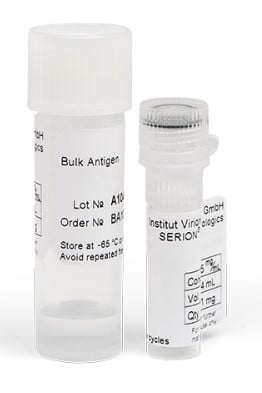
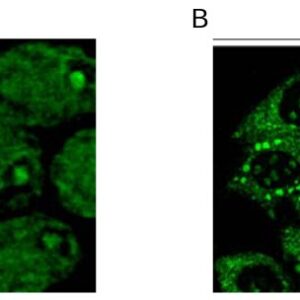
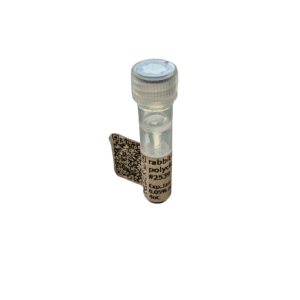
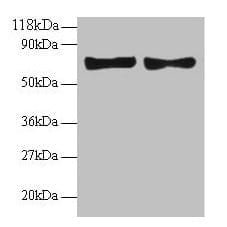
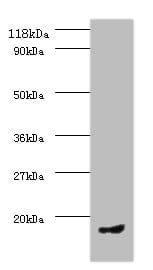

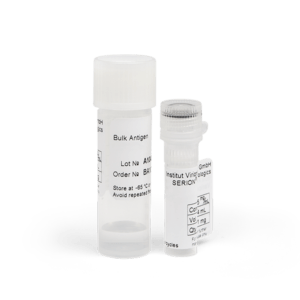
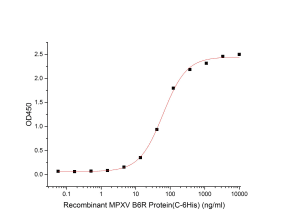
Reviews
There are no reviews yet.